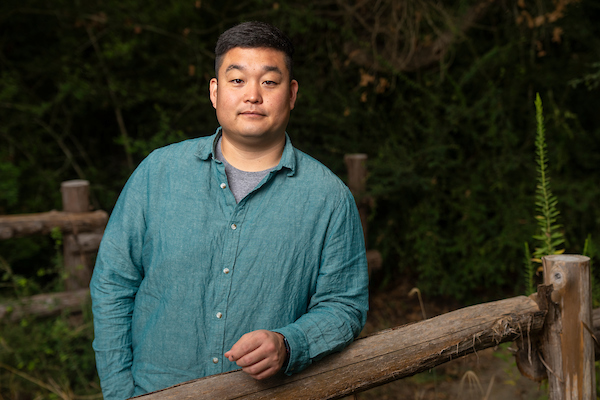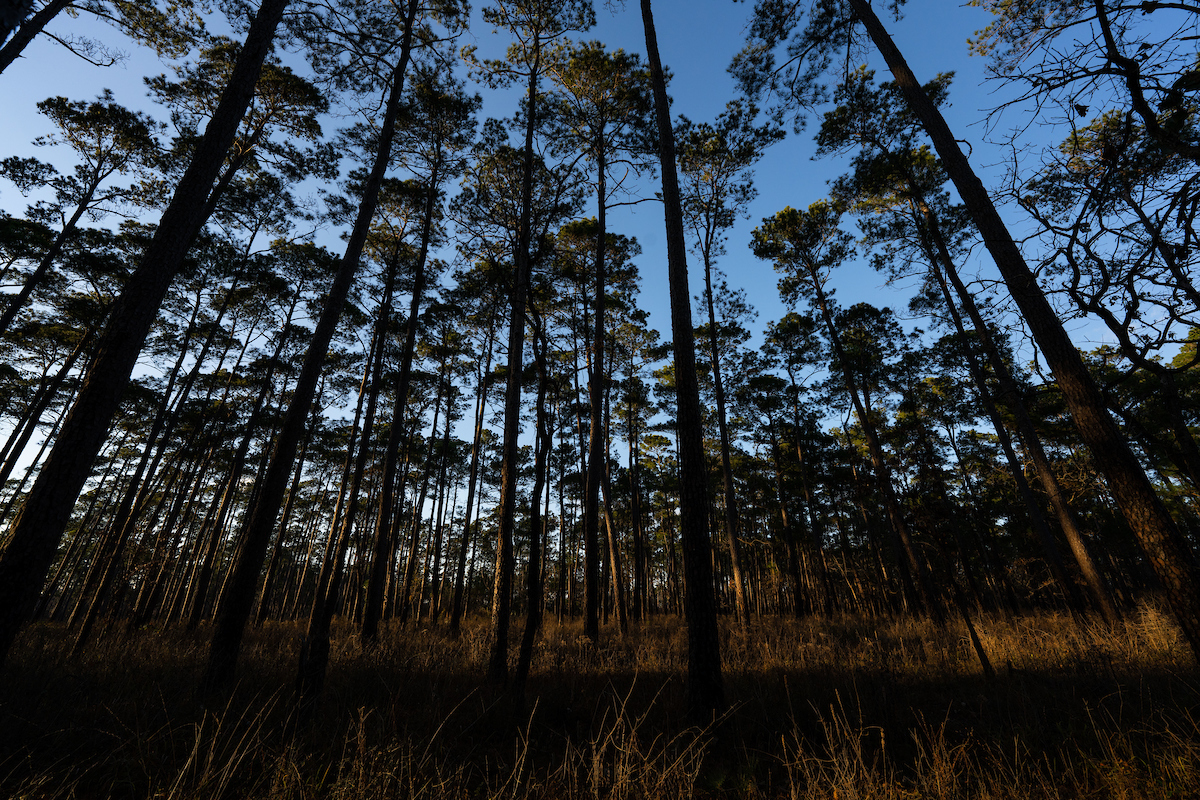Taeyoon Lee, Ph.D., has joined the Texas A&M College of Agriculture and Life Sciences Department of Ecology and Conservation Biology as an instructional assistant professor specializing in geospatial software and programming related to precision forestry.

His research interests focus on ways to expand, improve and create accurate technology and techniques that apply to the forestry fields to help save managers time and money while optimizing tree productivity.
Lee’s teaching goals are to prepare students as next-generation forestry experts with traditional and innovative technical skills. He plans to extend their training from the classroom to the field through applied-science opportunities.
“We’ll focus on the basic knowledge and traditional methods,” he said. “But I also want my students to understand the most recent technology and how they can utilize it and have those skills translate into a good career.”
Forestry program expands coursework
Lee will initially teach a foundational course focused on the diversity and evolution of plants. In upcoming semesters, he will teach courses like fire ecology and biochemistry, forest management and ecology. He is also developing coursework that incorporates his strength in data collection.
Ultimately, Lee’s curriculum will introduce students to concepts, technology and methodologies like using remote sensors, light detection and ranging, or lidar, artificial intelligence and/or modeling to create forest management plans.
His post-doctorate work included analysis of the Talladega National Forest at the southern edge of the Appalachian Mountains for advanced geospatial initiatives related to forest assessment technology accuracy.
Lee said technology will continue to change the way forests are managed and assessed for maximum value to the landowner. The preharvest carbon value of forests is a burgeoning example of how accurate data will shape the industry’s future.
“Students need those basic fundamentals, and I hope to get them outside the classroom for some hands-on experience with the plants we cover,” he said. “I hope to incorporate research opportunities in courses, things that will keep their interest and that can be applied to other courses and in their careers.”

Finding innovative, impactful learning opportunities
Lee earned his bachelor’s and master’s degrees in environmental horticulture from the University of Seoul, South Korea, and his doctorate in forestry and natural resources from the University of Georgia.
Lee’s background is in plant physiology – how plants respond to heat, drought, salinity and other factors that impact development. He pivoted toward geographic information systems and the technological side of forest management during his doctorate.
He has published more than two dozen journal articles related to various aspects of forestry, including tree physiological responses to drought, urban tree cover changes, assessment tools and forest management plans.
“I got into this field because I enjoy being in nature,” he said. “I think that is a commonality among most forestry students, but I hope to help them find their passion and a path by offering impactful learning and research opportunities.”





